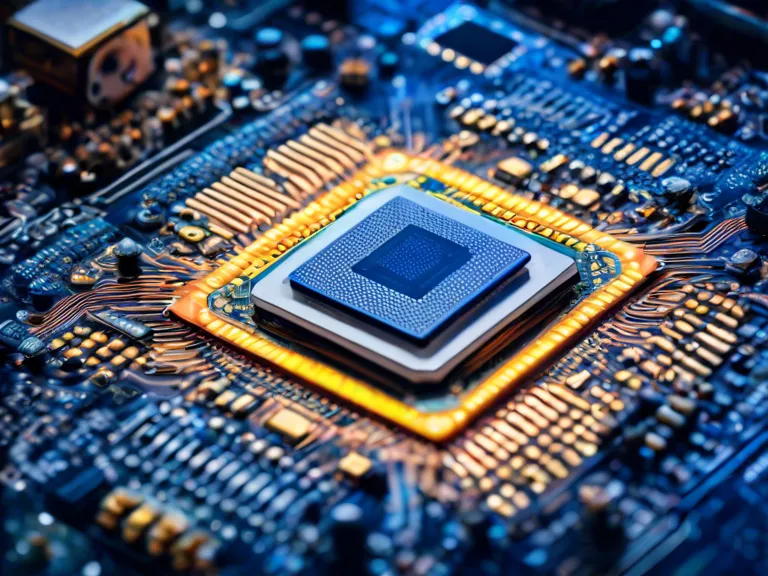
Artificial intelligence (AI) is playing a crucial role in enhancing semiconductor efficiency in China and Taiwan. From improving manufacturing processes to optimizing chip design, AI is revolutionizing the semiconductor industry in these tech-savvy countries. Let's delve into how AI is reshaping the semiconductor landscape in China and Taiwan.
In China, AI is being utilized to enhance semiconductor manufacturing processes, making them more efficient and cost-effective. By analyzing vast amounts of data in real-time, AI can identify potential issues on the production line and suggest solutions to streamline operations. This not only improves productivity but also helps in reducing production costs, ultimately leading to higher yield rates and better quality chips.
Taiwan, known for its semiconductor industry prowess, is also leveraging AI to optimize chip design. With AI-powered algorithms, designers can now quickly iterate through thousands of design options to find the most efficient and reliable solutions. This significantly reduces the time and resources required for designing complex semiconductor chips, enabling companies to bring products to market faster and more efficiently.
Moreover, AI is also being used in semiconductor testing and quality control processes in both China and Taiwan. By analyzing test data and identifying patterns, AI algorithms can detect defects or anomalies in chips more accurately and efficiently than traditional methods. This helps in ensuring that only high-quality chips make it to the market, thus improving reliability and customer satisfaction.
Overall, the integration of AI in the semiconductor industry in China and Taiwan is driving innovation and efficiency across the entire value chain. As these countries continue to invest in AI research and development, we can expect to see even more groundbreaking advancements in semiconductor technology in the years to come.



